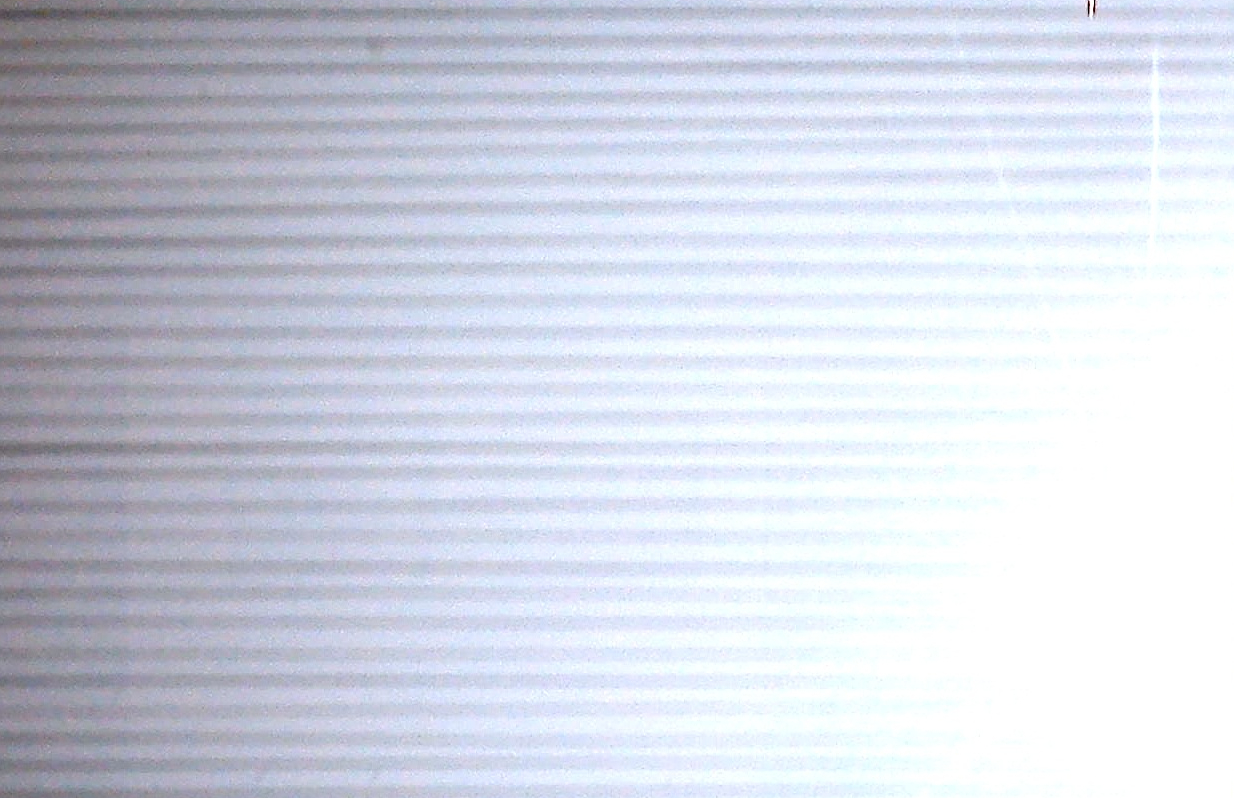
Quote of the Week

This belief in “free” information is blocking future potential paths for the Internet. What if ordinary users routinely earned micropayments for their contributions? If all content were valued instead of only mogul content, perhaps an information economy would elevate success for all. But under the current terms of debate that idea can barely be whispered.
To my friends in the “open” Internet movement, I have to ask: what did you think would happen? We in Silicon Valley undermined copyright to make commerce become more about services instead of content — more about our code instead of their files. The inevitable endgame was always that we would lose control of our own personal content, our own files. We haven’t just weakened Hollywood and old-fashioned publishers. We’ve weakened ourselves.
Jaron Lanier, author of “You Are Not a Gadget: A Manifesto” and a researcher at Microsoft Research (op-ed in NY Times 19 January, 2012)(Désolé, cet article est seulement disponible en anglais)
This belief in “free” information is blocking future potential paths for the Internet. What if ordinary users routinely earned micropayments for their contributions? If all content were valued instead of only mogul content, perhaps an information economy would elevate success for all. But under the current terms of debate that idea can barely be whispered.
To my friends in the “open” Internet movement, I have to ask: what did you think would happen? We in Silicon Valley undermined copyright to make commerce become more about services instead of content — more about our code instead of their files. The inevitable endgame was always that we would lose control of our own personal content, our own files. We haven’t just weakened Hollywood and old-fashioned publishers. We’ve weakened ourselves.
Jaron Lanier, author of “You Are Not a Gadget: A Manifesto” and a researcher at Microsoft Research (op-ed in NY Times 19 January, 2012)
